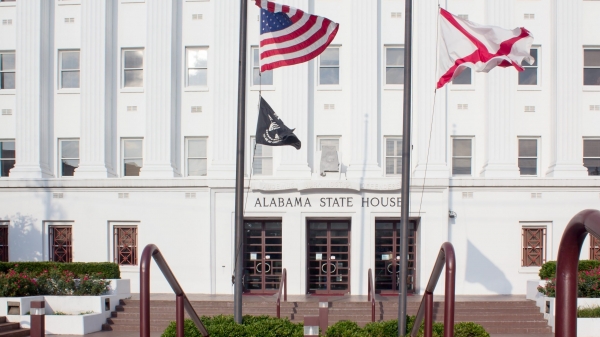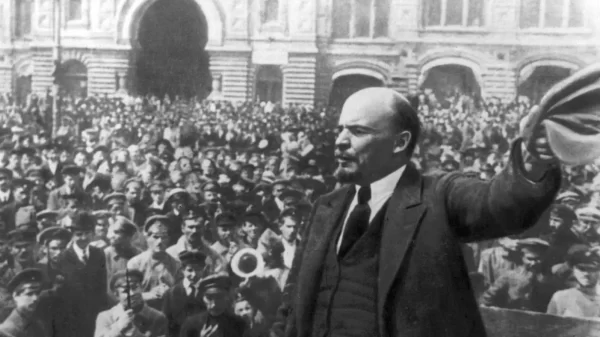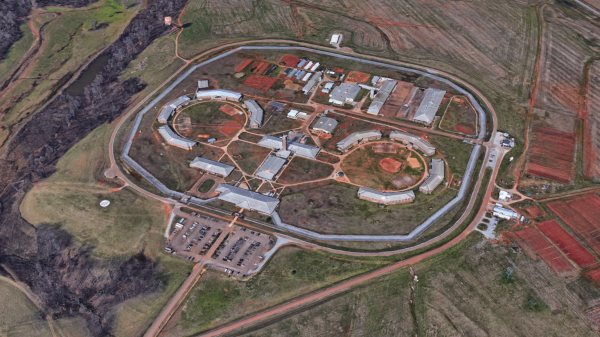By Josh Moon
Alabama Political Reporter
A single-car accident and a death investigation.
That’s how Montgomery Police described the death of Andrew Lewis in the department’s initial press release to the media, except that press release didn’t identify Andrew Lewis.
There was no mention of a fire, no mention of gunshots. There was nothing about a car chase. Those things would come in later releases to the media.
I was working at the Montgomery Advertiser at the time, and even a couple of days later, the incident wasn’t on my radar. A co-worker, Andrew Yawn, had picked up the release when it came through on Jan. 17, 2016, and he didn’t immediately suspect anything, either.
It wasn’t until Yawn noticed a lot of public interest in a traffic death that was very much unexplained that he started to dig deeper. When he did so, the MPD story shifted, and it did so in the oddest of ways.
First, the gunshots were added as the cause of death. But they were done so in a way that left room for quite a bit of interpretation.
To demonstrate how sketchy those details were, and how oddly phrased the information was from MPD, the general thinking after considering the details was that the unnamed victim had been shot by someone elsewhere – or somehow shot himself while driving – and crashed his car while he was driving himself to the hospital.
But information from the public kept pushing Yawn to ask more questions. And five days after Lewis’ death, Montgomery Public Safety Director Chris Murphy shifted the story yet again with this doozy: “It was a single-car accident with multiple cars involved.”
That answer came after Murphy, during an interview, again described the accident as a single-car incident. When Yawn told him that he had information from good sources that more cars were there, Murphy reluctantly admitted it, and then tried to cover himself.
At that point, it was fairly obvious that MPD and city officials were attempting to keep private information that it usually provides to the media. And there was no obvious reason for it. To any decent reporter, that means there must be a bigger story.
This was about the time I got involved. Yawn, who is a good reporter but new to the area then, was getting stiff-armed by MPD. They were giving him as little as possible and denying or delaying information requests that should have been filled.
Since I’ve been around awhile and know how the system around here should work, I started to help out with the gathering of info. And very quickly, I figured out that something was rotten.
From a variety of sources, we knew – or felt fairly confident that we knew – a fair amount about the players involved and what generally led to Lewis’ death on Sunday morning.
We knew there was a girlfriend situation. We knew there was a new boyfriend. We knew there had been a confrontation the Saturday night before the shooting between the new boyfriend and Lewis. We knew that both parties claimed to friends that Saturday night that they were going to MPD to file complaints. And we were fairly confident that Lewis, at least, had carried through on that.
My first physical task on this story was to go with Yawn to MPD to retrieve a copy of the complaint filed by Lewis and/or the complaint filed by his former girlfriend, Mary Jehle.
Retrieving such a complaint is a simple task that is carried out in police precincts all over the country by reporters from newspapers, TV stations or websites. In Montgomery, before police business became a huge secret that had to be hidden from the public, copies of complaints and arrests were kept in binders on the front desk and you could flip through and get copies of what you needed.
Not today. Now, you have to file a request and maybe someone will provide you with a copy of the front of a warrant or arrest record.
Except, even that didn’t occur on that day.
Instead, we confirmed with the clerk at the Municipal Court that a complaint had been filed by Jehle – it was in the system. But when we went next door to the police station to get a copy, we were stopped short. The complaint was part of an ongoing investigation, we were told.
I called Mayor Todd Strange’s office and Murphy’s office. I was told Murphy, Strange and several other officials were in a meeting but that they would be informed of the issue. A few minutes later, still standing in the lobby of the police station, an MPD officer walked out from the back and handed me a cell phone.
On the other end of that phone was MPD Chief of Operations Scott Simmons. He wanted to know why I wanted the Jehle complaint. I replied that it’s a public document and I’m entitled to see it.
The conversation deteriorated rapidly. Near the end, Simmons told me that I was like all media, “You don’t care who you hurt just so long as you get the story.”
(It’s probably worth pointing out here that Simmons, the police officer fighting so hard to keep from honoring public records laws, is the same officer who was placed on administrative leave, and later retired from MPD, after being caught up in a DEA investigation last September.)
The end result of all of this was we didn’t get the copy of the complaint. State law requires an agency that denies a request to cite the reason for denial. MPD’s official reason was that the complaint filed by Jehle wasn’t a public record because it was never served on the subject.
Back in the late-1980s, in order to protect cops who had to serve warrants, Alabama implemented a rule stating that warrants weren’t public record until after they were served. The only purpose of the law was to protect law enforcement from ambush.
The warrant, in this case, couldn’t be served because Andrew Lewis was dead. And MPD and city officials hid behind that legal loophole to avoid honoring open records laws.
A day later, when Yawn inquired about the Jehle complaint with the Municipal Court clerk in an attempt to get basic info about what time it was filed, he was told no such complaint was in the system.
And it would only get stranger from there.






















































